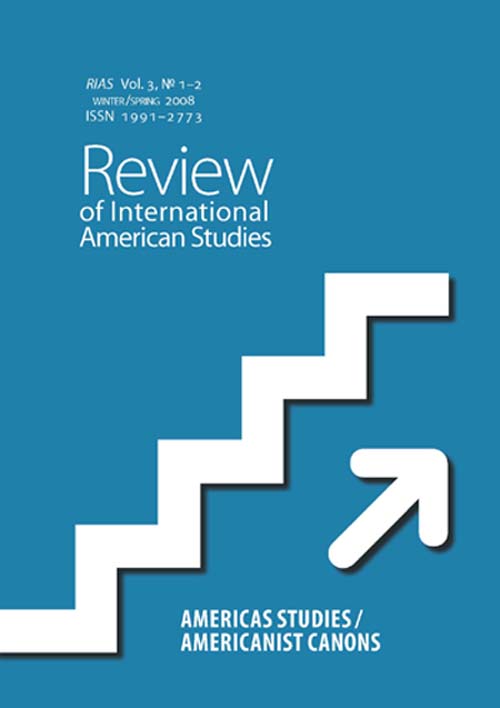American Studies and its Geopolitical Habitats
American Studies and its Geopolitical Habitats
Author(s): Mary Louise PrattSubject(s): Language and Literature Studies, Studies of Literature, Other Language Literature, Cultural Anthropology / Ethnology
Published by: Wydawnictwo Uniwersytetu Śląskiego
Summary/Abstract: Seyed Mohammad Marandi, Patrick McGreevy, Liam Kennedy, Li Jin and Sun Youzhong have written four illuminating accounts of the state of American Studies in Iran, Lebanon, Ireland, and China. Most striking, perhaps, are the contrasts among the expansive exuberance and optimism of the picture from China, the sense of isolation, marginality and beleagueredness expressed by the contributors from the Middle East, and the slightly jaded pragmatism of the account from Ireland. The contrasts can be traced in part to the same historical process: the geopolitical shift marked by the end of the Cold War, the emergence of the US as a monopolar superpower, and its creation of a new imperial enemy in the Islamic world. China, Lebanon, Ireland, and Iran occupy different places in this narrative. American Studies, according to Li Jin and Sun Youzhong, took off as China’s isolationism began to dissolve after the cultural revolution. Its status today as ‘the most prosperous area of international studies in China’ is surely linked with China’s full-fledged move into the global consumer economy and its new status as the industrial competitor of the US , its supplier of cheap goods, and its principal lender.This extraordinary shift offers at least one encouraging message for struggling colleagues in the Middle East: a lot can change in a very short time. In the present, however, these colleagues find themselves located not on a wave of expansiveness, but at a crux of collision, suspicion and antagonism. Fascinating in Seyed Mohammad Marandi and Patrick McGreevy’s accounts are the multiple paths by which American Studies programs are coming into being in the Middle East. Some, like the center Seyed Mohammad Marandi describes at the University of Tehran, are established by national governments seeking to create scholars who can engage with a manifestly hostile power. Others, mentioned by Patrick McGreevy, are being established by the US government itself, apparently to gain an academic foothold for its own interests, while others, including the one at American University in Beirut where McGreevy works, derive from the critical and often anti-imperial academic programming developed in US universities in the 1970s and 80s (Kennedy offers yet another narrative of origins from Dublin). McGreevy’s fascinating story of the origins of his own program illuminates the choices presented by the post-9/11 moment. Supposing Prince Alwaleed Bin Talal’s gift had been accepted with an agreement that he and Giuliani would agree to disagree about US policy on the Palestinians? Supposing New Yorkers had been asked to debate the issue and inform themselves? How quickly and forcefully the extraordinary openness created by the disaster of 9/11 was corralled into stark dramas of good and evil, and into the scenario McGreevy notes: zones of chaos that legitimate particular concepts of order.
Journal: Review of International American Studies
- Issue Year: 3/2008
- Issue No: 1-2
- Page Range: 29-31
- Page Count: 3
- Language: English

